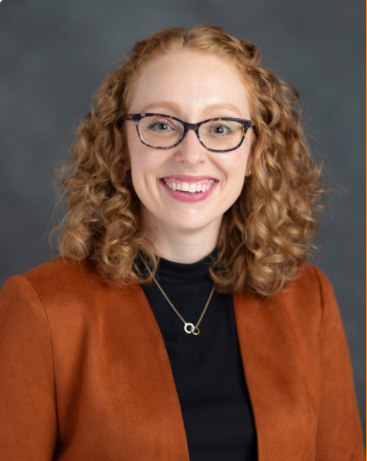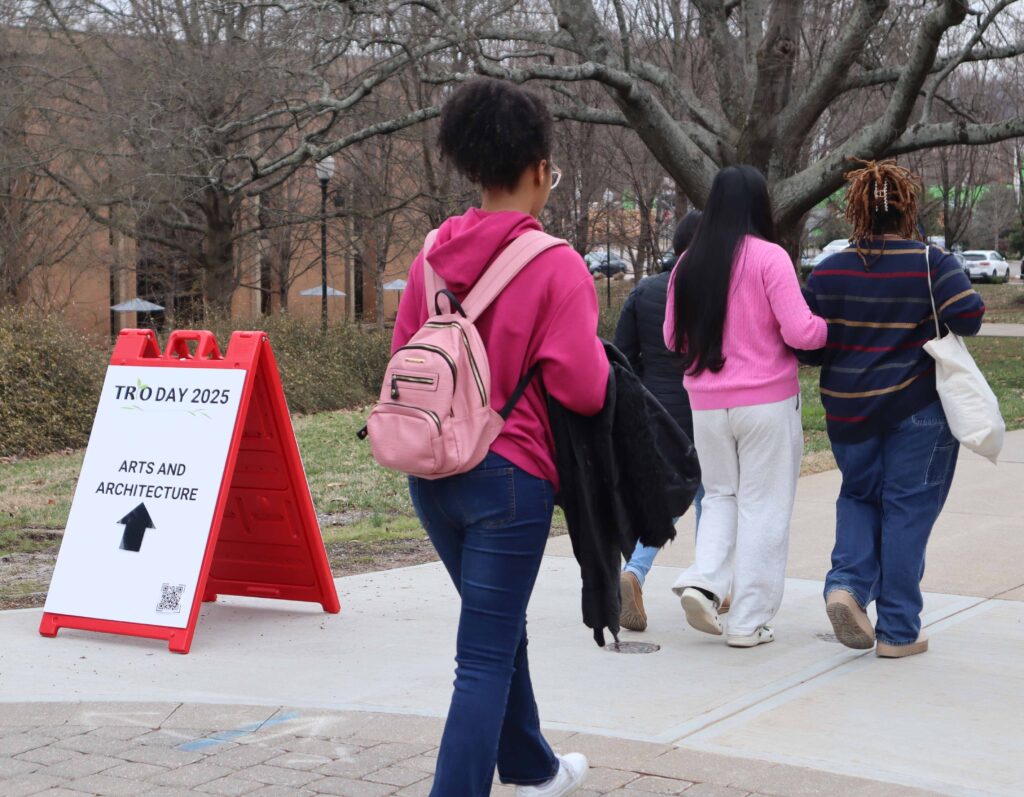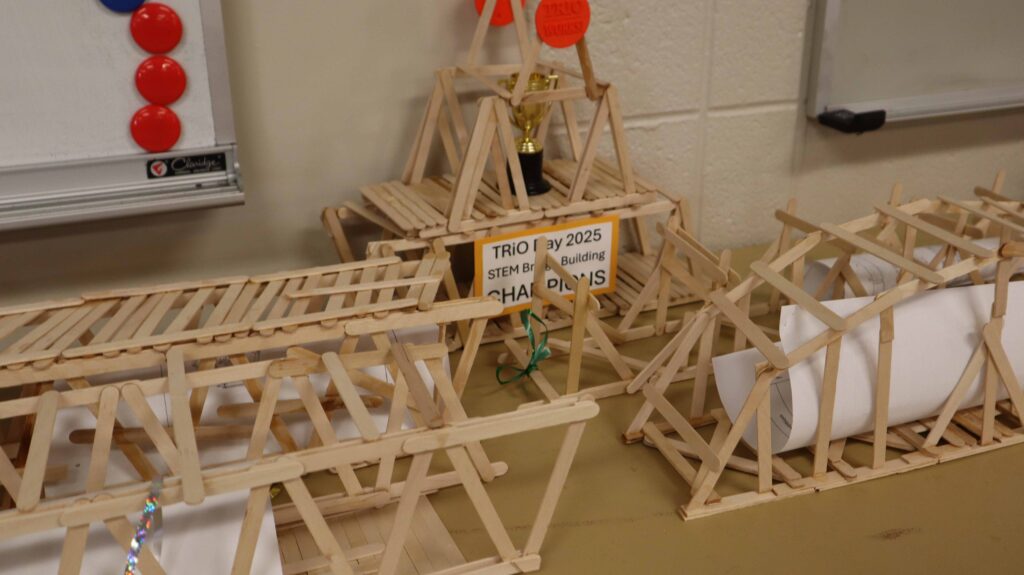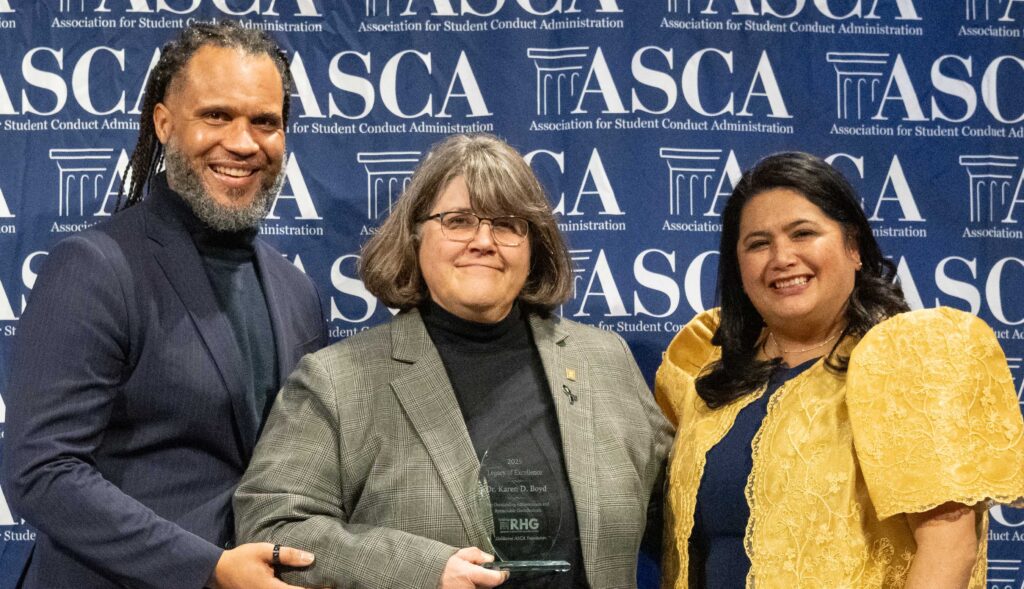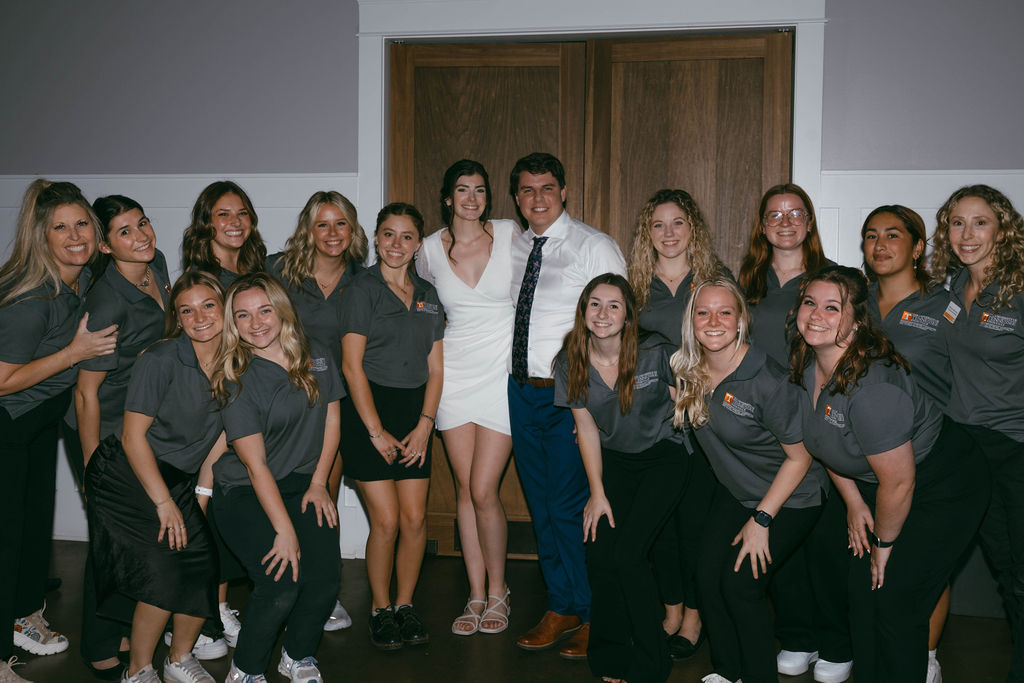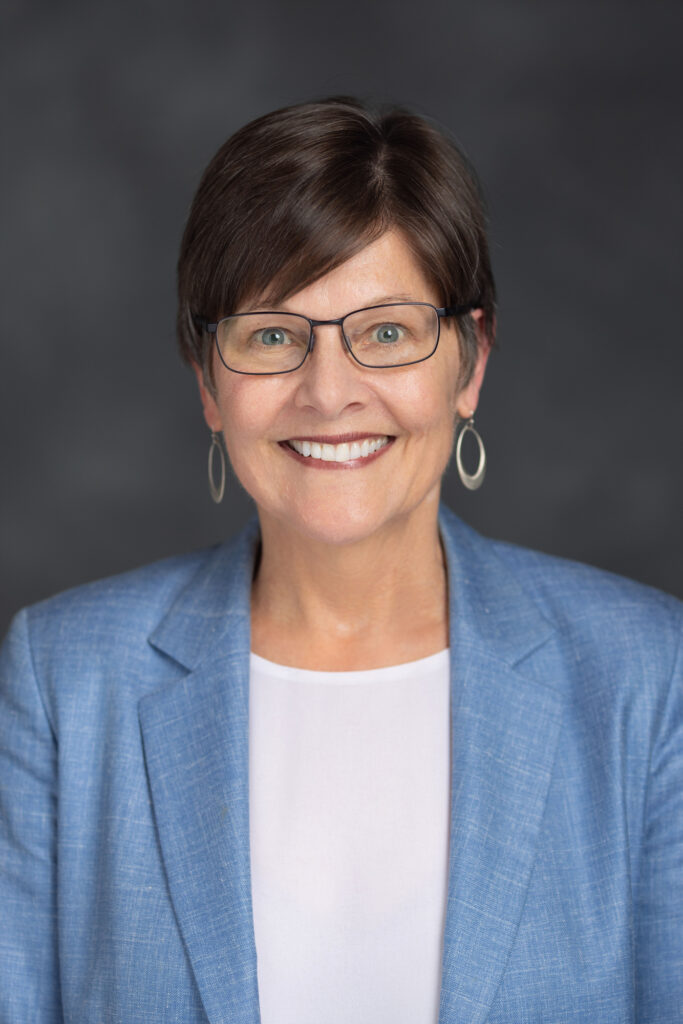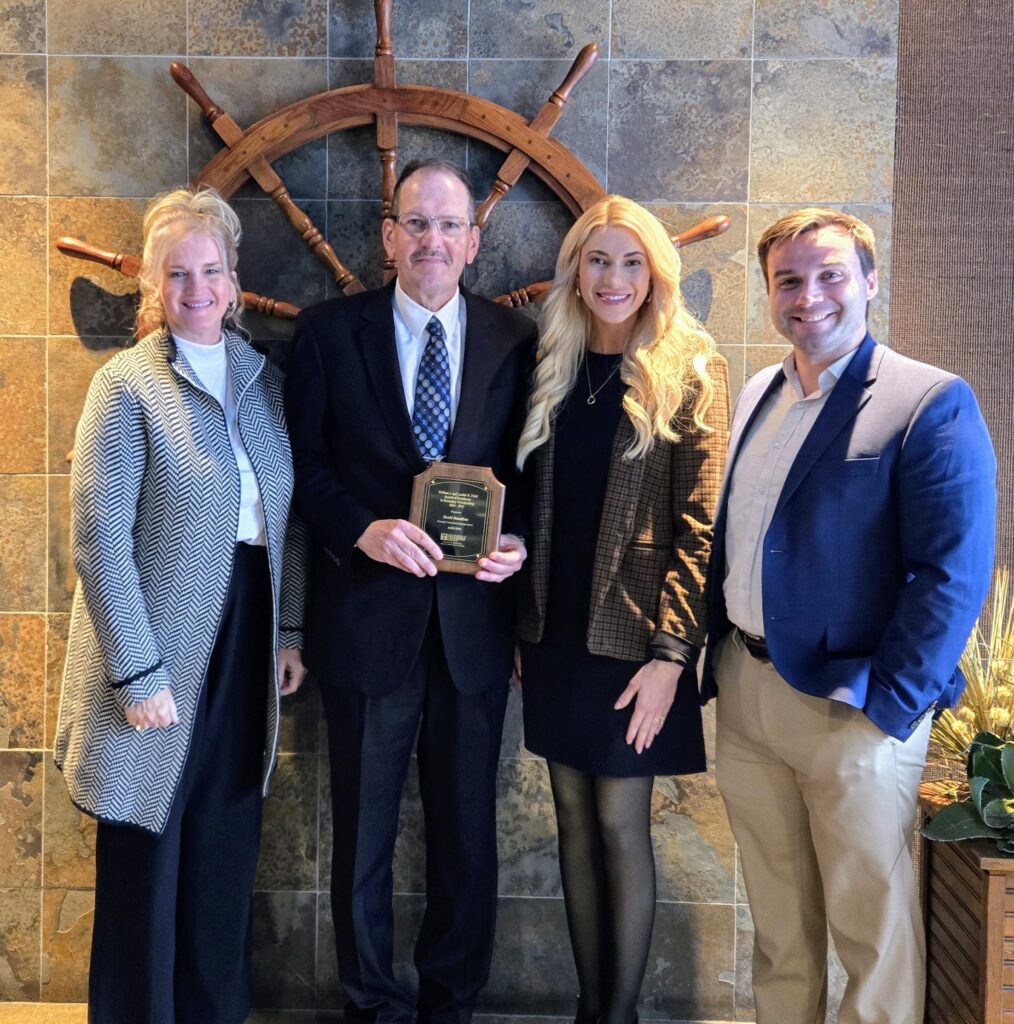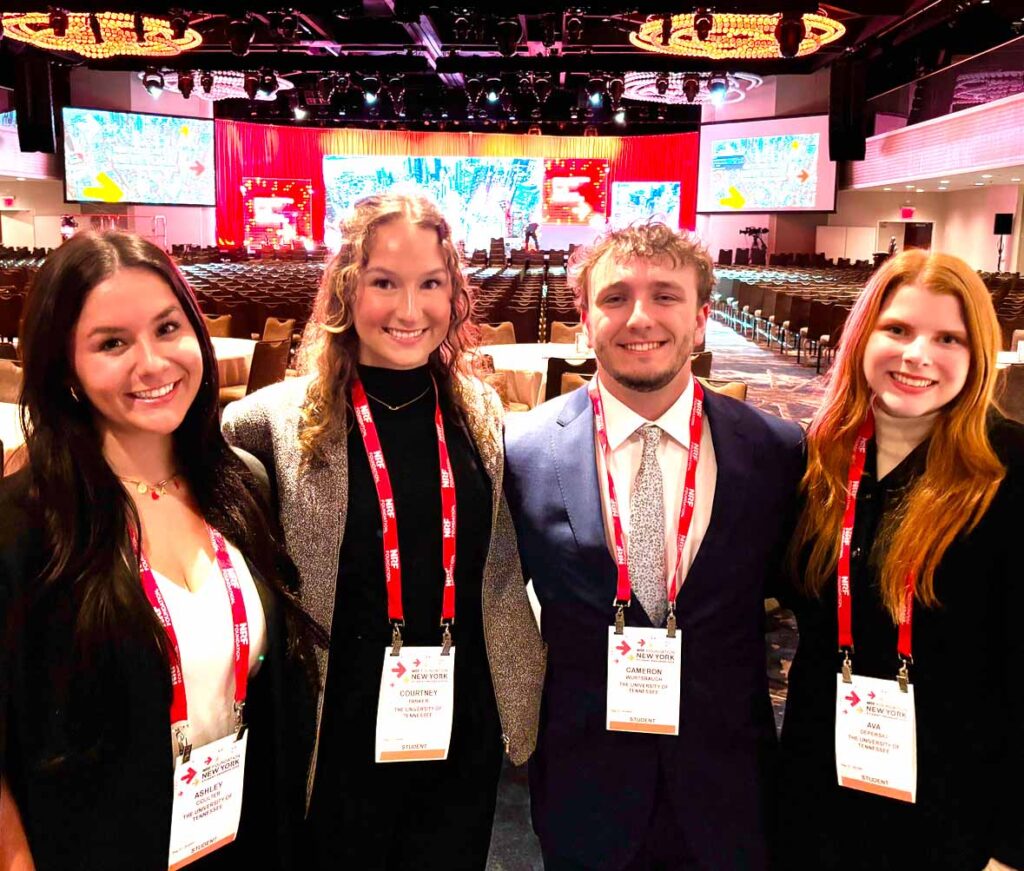Hospitality and Tourism Management Program Earns Full Accreditation from ACPHA
The Department of Retail, Hospitality, and Tourism Management (RHTM) is pleased to announce that the the Hospitality and Tourism Management program within RHTM is fully accredited by the Accreditation Commission for Programs in Hospitality Administration (ACPHA).

ACPHA, established by the International Council of Hotel, Restaurant, and Institutional Education (ICHRIE), evaluates and accredits hospitality programs that demonstrate excellence in academic standards, resources, and processes that contribute to high-quality education.
“I am incredibly proud of the dedication and hard work our faculty and staff have put into achieving such high recognition from ACPHA,” said Junehee Kwon, Department Head of RHTM. “The Commission acknowledged that 40 out of 41 standards were met—an exceptional accomplishment for an initial review! This recognition reinforces our commitment to delivering a top-tier education and fostering academic excellence.”
The ACPHA consists of 11 Commissioners, including hospitality educators, industry professionals, and public-at-large members. This distinguished group meets biannually to review and assess hospitality programs at colleges and universities across the U.S. and internationally.
“I am extremely proud of the faculty and staff of RHTM. They are doing world-class work and the program deserves accreditation by ACPHA,” said Ellen McIntyre, Dean of the College of Education, Health, and Human Sciences.
The accreditation process includes an extensive self-study, followed by a three-day external review and final approval through commissioners’ review and affirmative votes. The initial accreditation, awarded for a seven-year term from Winter 2025 through Winter 2032, affirms that the program meets essential standards in areas such as curriculum quality, student learning assurance, support services, and the availability of resources, including instructional, physical, and financial assets.
To ensure ongoing compliance with ACPHA’s standards, the program will submit annual reports for the duration of the accreditation period.
For more information about RHTM at UT and upcoming initiatives, please visit https://cehhs.utk.edu/rhtm/.


